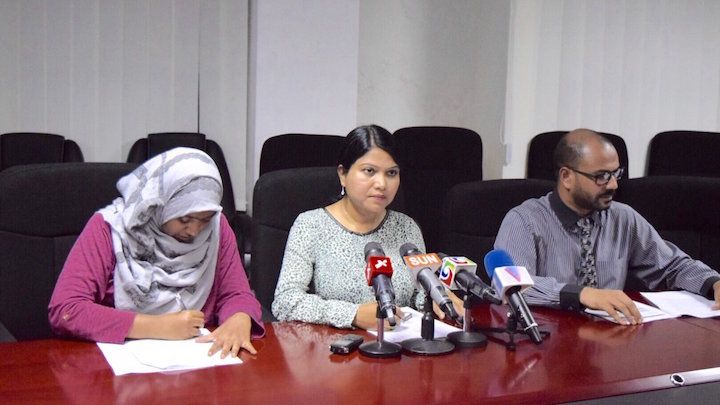Two tourists test positive for Zika after visiting Maldives
“The cases were linked to travels to Maldivian in February and June this year. Therefore, [the World Health Organisation] has classified Maldives as category 2, indicating possible endemic transmission in the country,” the Health Protection Agency said.

01 Oct 2016, 09:00
The Health Protection Agency revealed Friday night that two European tourists who visited the Maldives this year have tested positive for the Zika virus.
The virus infection was detected upon their return to their countries but was “possibly acquired in Maldives,” the HPA said in a press statement last night.
“The cases were linked to travels to Maldivian in February and June this year. Therefore, [the World Health Organisation] has classified Maldives as category 2, indicating possible endemic transmission in the country.”
The HPA said it was informed by the WHO about the cases on September 28 and 29.
Become a member
Get full access to our archive and personalise your experience.
Already a member?
Discussion
No comments yet. Be the first to share your thoughts!
No comments yet. Be the first to join the conversation!
Join the Conversation
Sign in to share your thoughts under an alias and take part in the discussion. Independent journalism thrives on open, respectful debate — your voice matters.




